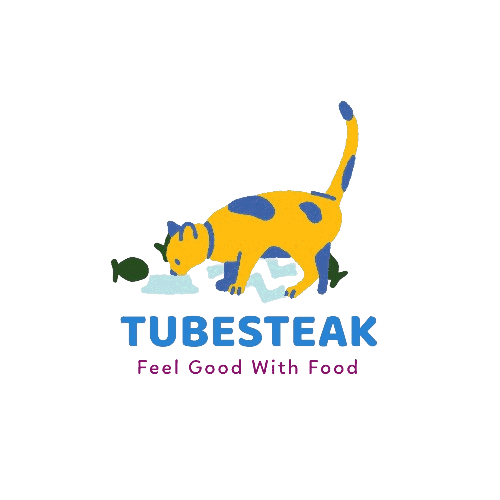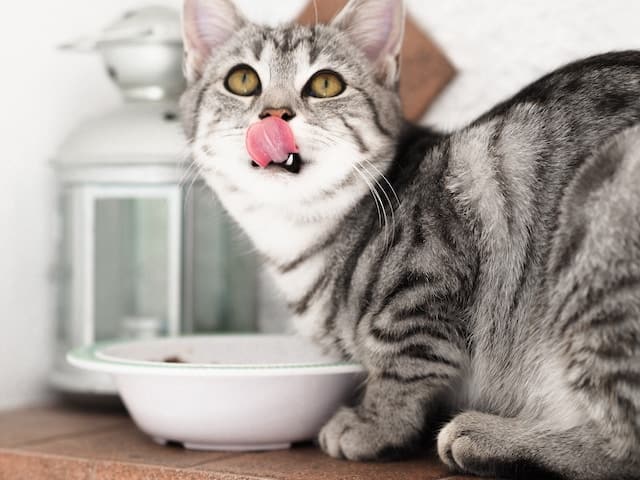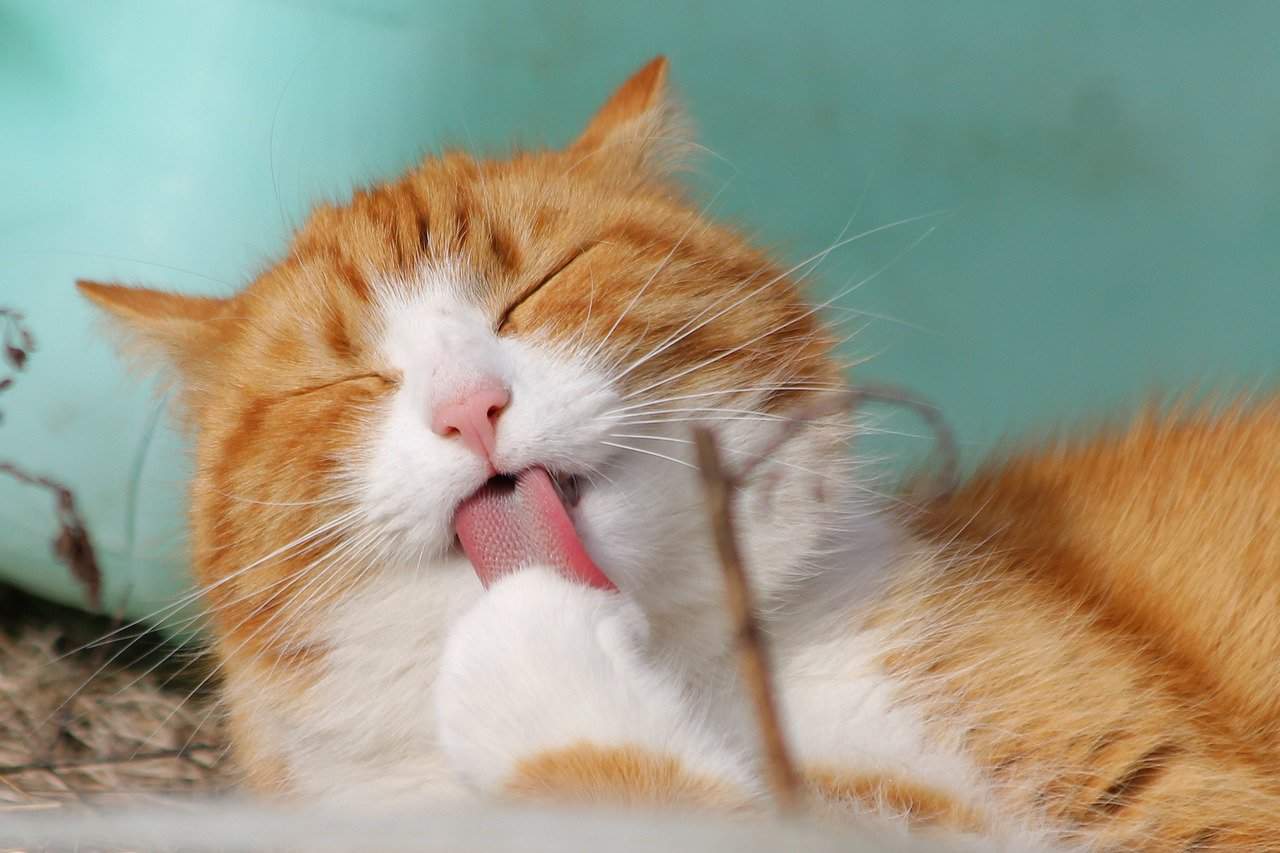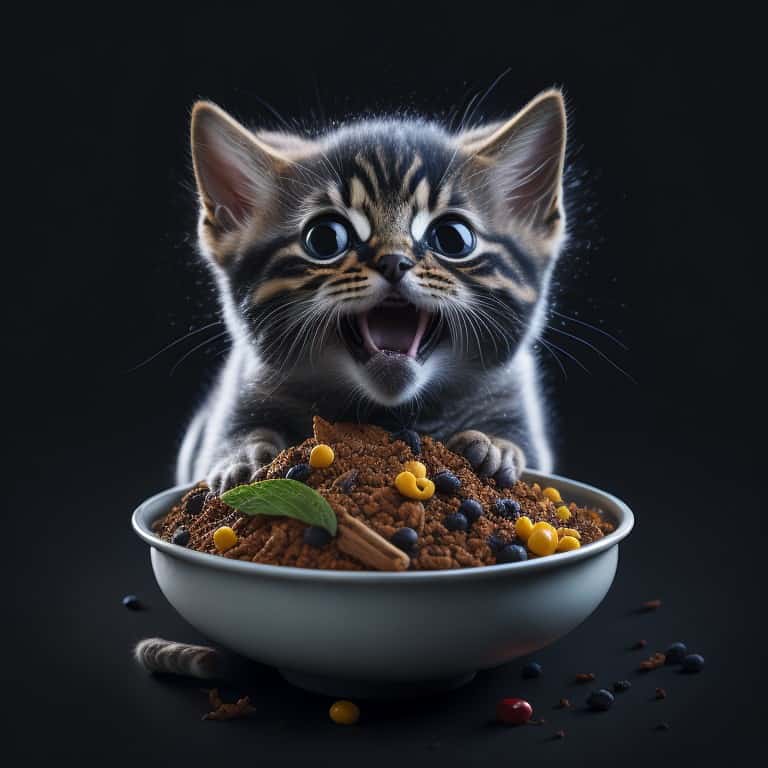
Homemade cat foods – The health and longevity of our beloved feline companions are paramount concerns for cat owners. One question that often arises in this context is whether feeding cats homemade food can contribute to a longer and healthier life compared to commercial cat food. In this article, we will explore the factors to consider when deciding between home-made and commercial cat food, and whether homemade diets truly have a positive impact on a cat’s lifespan.
The Debate: Homemade vs. Commercial Cat Food
The debate over home-made vs. commercial cat food centers on the belief that homemade diets can be tailored to a cat’s specific nutritional needs and are less likely to contain harmful additives and preservatives. However, it’s essential to approach this discussion with a balanced perspective.
Pros of Homemade Cat Food
- Customization: Homemade diets allow cat owners to control and customize their cat’s food to address specific dietary needs, allergies, or preferences.
- Ingredient Quality: Preparing homemade cat food from high-quality, fresh ingredients can eliminate concerns about low-grade or questionable ingredients often found in some commercial brands.
- Reduced Additives: Homemade cat food typically contains fewer additives, artificial flavors, and preservatives, which can be beneficial for cats with sensitivities.
Cons of Homemade Cat Food
- Nutritional Balance: Preparing nutritionally balanced homemade cat food can be challenging. Cats have specific dietary requirements for nutrients like taurine, which must be met to ensure their health.
- Microbial Contamination: Homemade diets can pose a risk of microbial contamination if not handled and stored correctly, potentially leading to foodborne illnesses in both cats and humans.
- Time and Expertise: Creating homemade cat food requires time, effort, and knowledge about feline nutrition. It may not be practical for every cat owner.
Commercial Cat Food
Commercial cat food is formulated to meet the nutritional needs of cats and is rigorously tested for safety and quality. Many reputable brands offer a wide range of options, including specialized diets for various health conditions.
Factors Affecting Feline Lifespan
A cat’s lifespan depends on various factors, including genetics, environment, healthcare, and diet. While diet plays a crucial role, it is just one piece of the puzzle. Factors like regular veterinary care, a safe and stimulating environment, and genetics all have a significant impact on a cat’s lifespan.
Balanced Approach
The best approach to ensuring your cat’s longevity and health is often a balanced one. Consider these steps:
- Consult a Veterinarian: Work with a veterinarian to determine your cat’s specific dietary needs, especially if your cat has special health considerations.
- Choose High-Quality Commercial Food: Select reputable commercial cat food brands that prioritize quality ingredients and meet the nutritional standards set by veterinary associations.
- Supplement with Fresh Foods: If you want to incorporate homemade food into your cat’s diet, consult with a veterinarian or a board-certified veterinary nutritionist to ensure that the diet is nutritionally complete and safe.
- Regular Check-Ups: Schedule regular veterinary check-ups to monitor your cat’s overall health and address any health concerns promptly.
In Conclusion
While the debate over home-made vs. commercial cat food continues, the key to ensuring your cat’s long and healthy life is to prioritize their overall well-being. A balanced approach that combines high-quality commercial cat food with occasional home-made treats can be a practical and safe way to provide your feline friend with the best of both worlds. Ultimately, the decision should be based on your cat’s individual needs, with guidance from a veterinarian or a veterinary nutritionist to ensure their nutritional requirements are met.

Stephanie Ansel is a well-known writer and journalist known for her unique and captivating writing style. She has written many articles and books on important topics such as the lifestyle, environment, hobbies, and technology and has been published in some of the biggest newspapers and magazines. Stephanie is also a friendly and approachable person who loves to talk to people and learn about their stories. Her writing is easy to read and understand, filled with lots of details and information, and is perfect for both kids and adults who want to learn about important topics in an interesting way.





